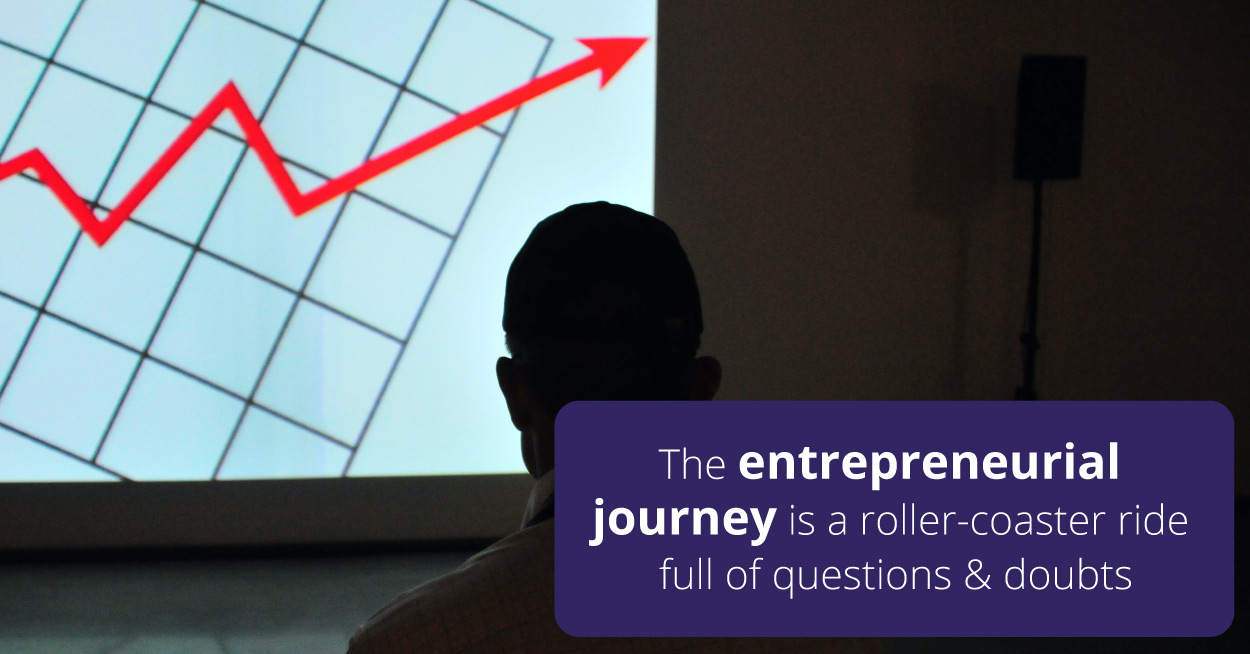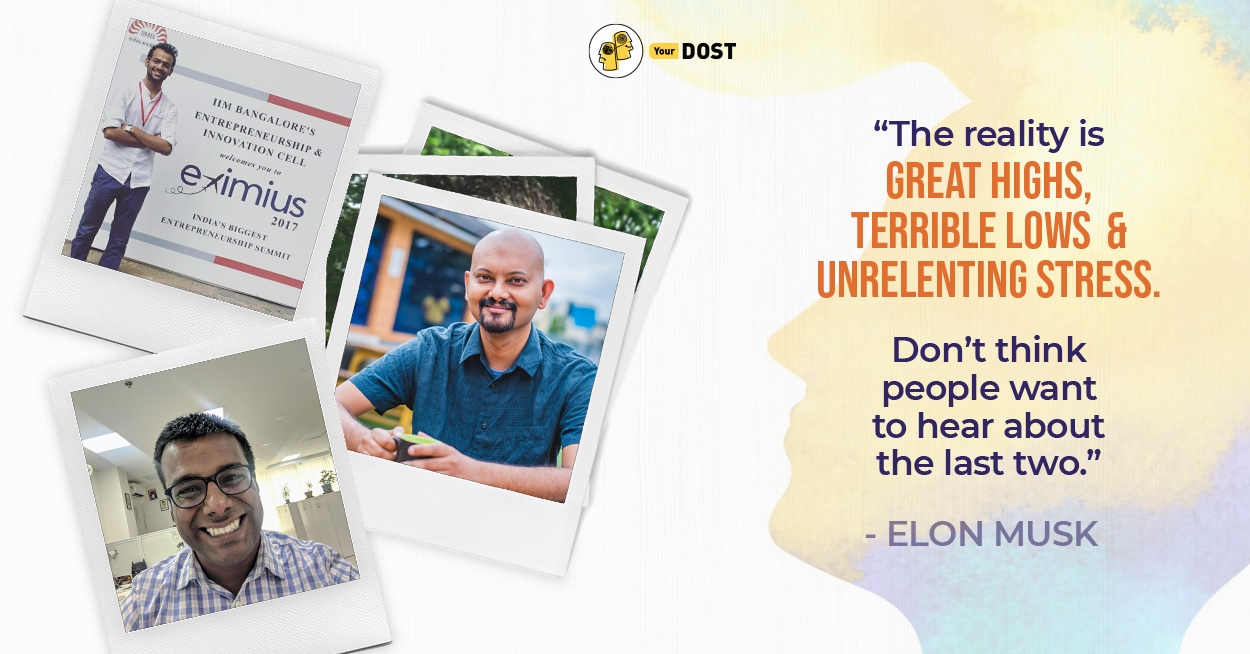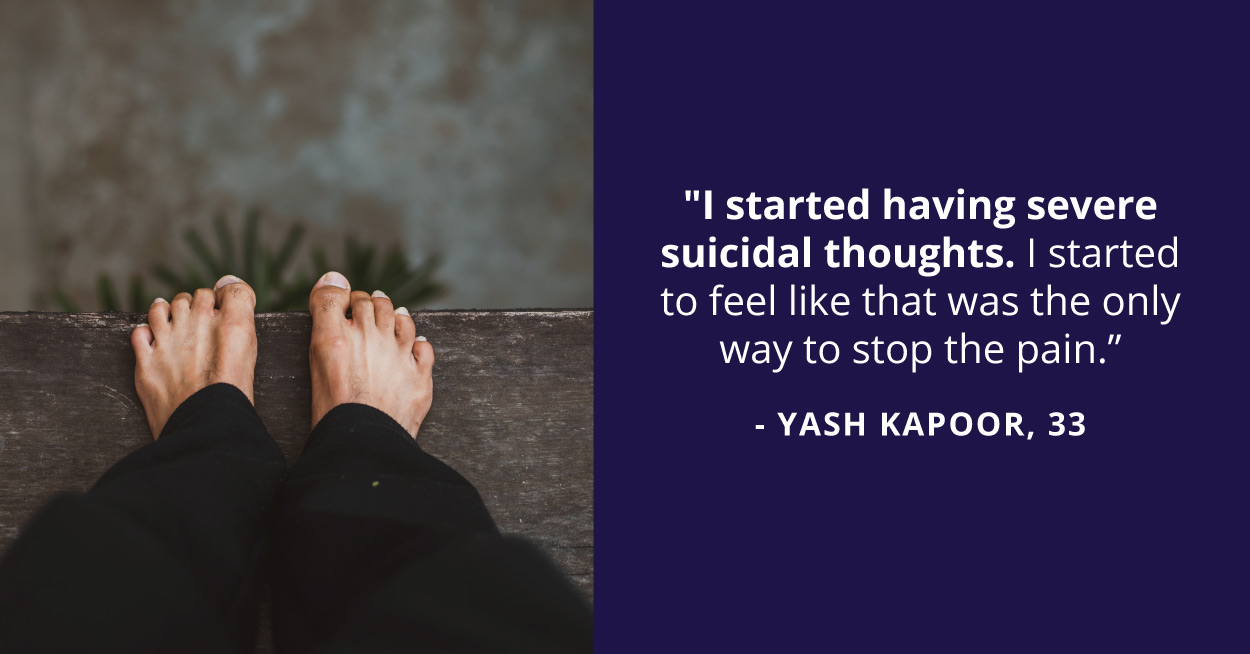It is no secret that mental health awareness is slowly coming to the forefront, with singers, actors, athletes and other influential people coming out about their challenges. While these stories are helpful in fighting the stigma of seeking mental health support, they are not enough to make people feel safe enough to talk about their mental health at work.

A standard measure for the burden of diseases is disability adjusted life years (DALYs). It refers to the number of years lost due to ill-health, disability or early death. The figure for India stands at 48.6 Crore. The contribution of mental disorders to the total disease burden in India in terms of DALYs increased from 2.5% in 1990 to 4.7% in 2017. It stands at 2,443 DALYs per 100,000 population. In other words, when it comes to mental disorders, India has been going through an epidemic for a while now. In fact, the WHO estimates that India may suffer economic loss to the tune of 1.03 trillion USD between 2012 and 2030 due to mental health conditions.
Even at the level of corporates, the situation is quite worrying. A 2015 ASSOCHAM study indicated that 42.5 percent of employees in the private sector suffer from depression or general anxiety disorder. A 2016 study states that a high 46% of the workforce in organisations in India suffers from some or the other form of stress.
Why is this the case? Why are we so scared to address the elephant in the room – the fact that anxiety, stress and depression have been on a significant rise and workplace stressors have a role to play?
There seems to be a lot of stigma surrounding mental health at work. Employees feel ashamed to talk about their mental health conditions because many of these attitudes paint them as irresponsible, incompetent, lazy or dangerous.

Employees are also least comfortable talking with their company’s HR and senior leaders about mental health at work. These findings suggest that the most relevant decision-makers around workplace mental health at a company—HR, senior leaders, and the CEO—are the least likely to know about the mental health challenges their employees face, although senior leaders, including CEOs, were just as likely to struggle with mental health symptoms as individuals.
This needs to change. Mental health is becoming the next frontier of diversity and inclusion, and employees want their companies to address it. They especially want to see their company leaders become advocates for the same.
How Can Companies Do Better?
Here are some ways that employers can support their employees especially during this pandemic –

1. Mental health is not just an HR issue anymore; it’s also a diversity, equity, and inclusion (DEI) issue. We need to look at mental health through an intersectional lens and take into account all the demographics associated with it. This means that Employee Wellness/Assistance Programs (EWAPs) are not enough. Companies need to propagate a more accepting and open culture because it is culture that ultimately drives and empowers employees to make use of these assistance programs. We need better support systems and organisational cultures for mental health within companies—in particular, clarity around existing resources, and clearer information about where to go or whom to ask for support.
2. We at YourDOST have seen over a 100% rise in the number of sessions on the platform in the lockdown/social distancing months, i.e. past 3 to 4 months. With employees working remotely, now is the time to use technology to provide a variety of mental health programs, such as licensed counselors on call, meditation platforms and virtual education (including webinars and training sessions with experts) for employees to learn coping mechanisms and stress management.

3. It is imperative to start at the top as changing culture is a top down process. It is important for the employees to see their employers practice what they preach. Company leaders need to transform themselves into allies. Encourage executive teams, managers, and senior employees to share their experiences at all-staff meetings or in other interactions with their teams. According to one study published in 2017, managers could have a significant impact on an employee’s mental health. Just four hours of training given to managers significantly reduced sick leaves taken by their employees.
4. CEO’s play a very important role here. They can no longer ignore their own mental health as well as that of their employees. It makes a huge difference to a company’s work culture when it’s CEO goes out of his/her way to normalize wellness and mindfulness.
5. It is important to prioritize employees’ entire well-being, including physical, mental and financial health, all year round – not just during a crisis. Companies should focus on creating solid benefit plans – and those that do have them must learn how to communicate them clearly to show they care about their workforce beyond this period in time. For eg, one organisation maintains a record of the psychiatrists/counsellors its employees visit, and they are also trained in administering calming exercises if one of their colleagues is having an attack.
Everyone has a role to play when it comes to bringing mental health into the mainstream and working towards a better, more accepting culture at work so that there comes a time when people are not ashamed to reach out and seek help.
If you are a corporate who wants to boost the wellness of your community, you can reach out to us for detailed management strategies for handling emotional wellness.



